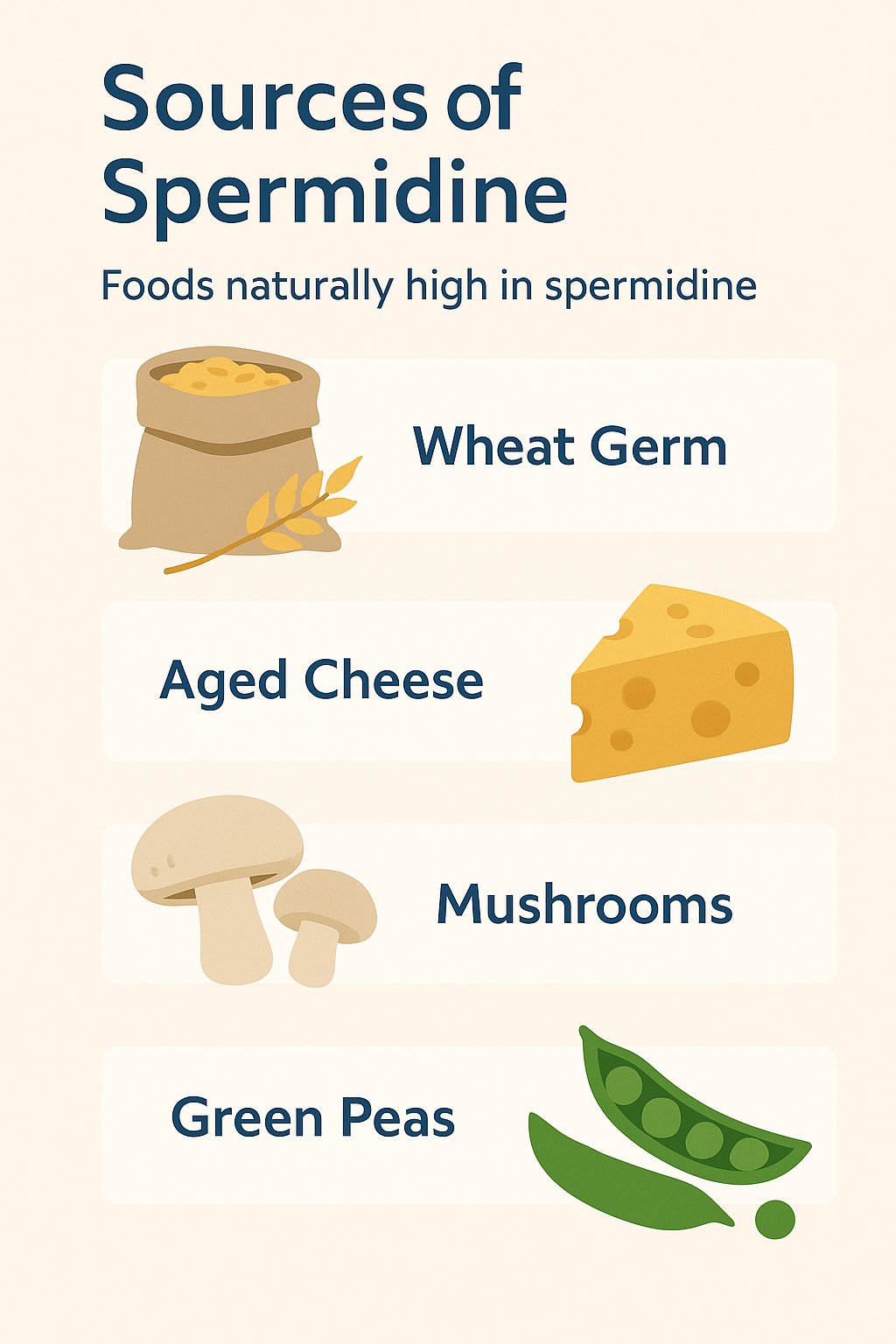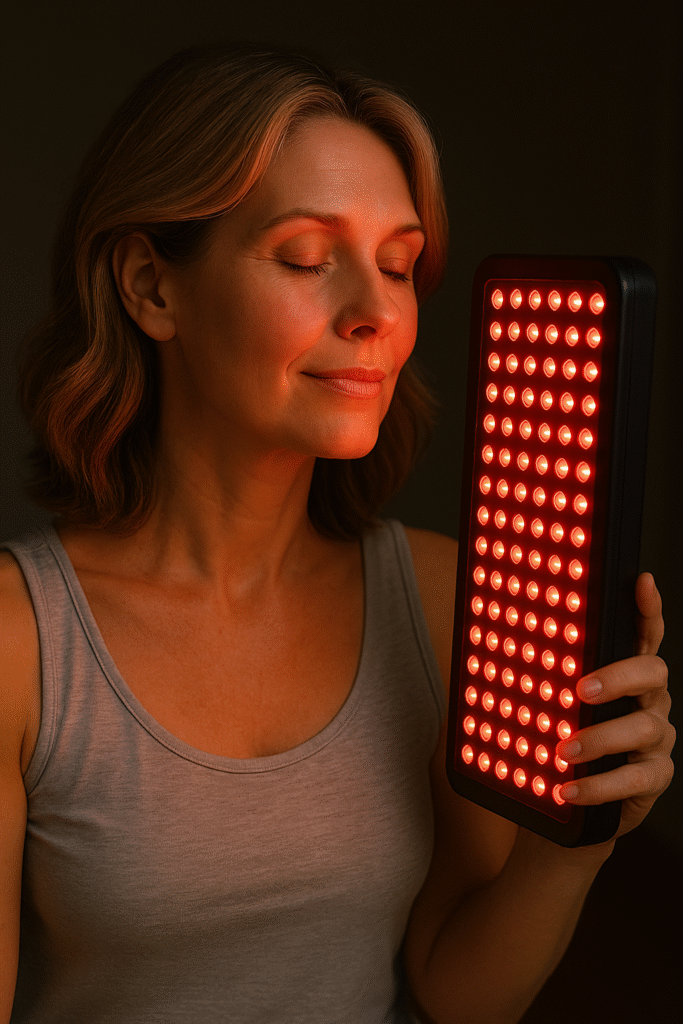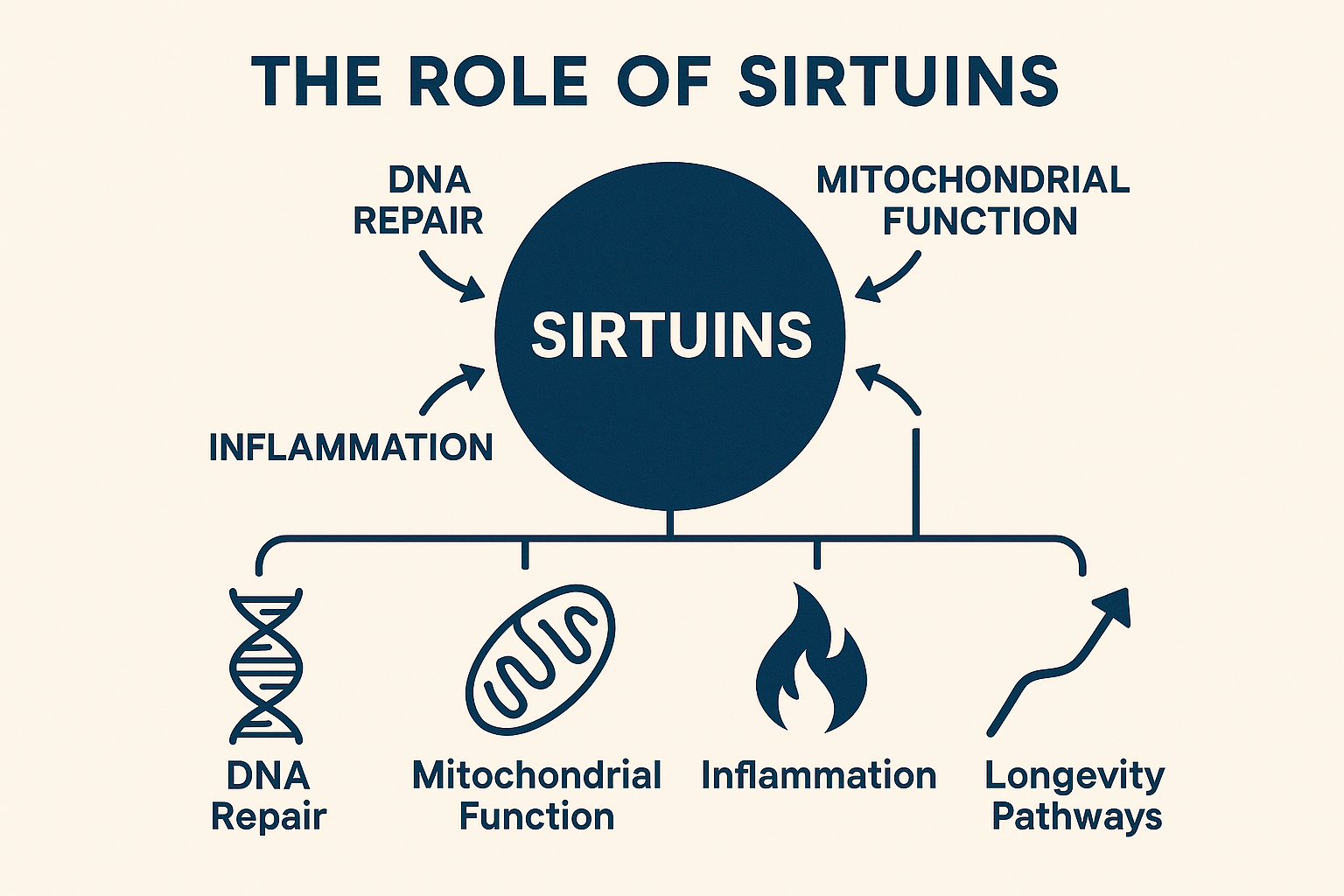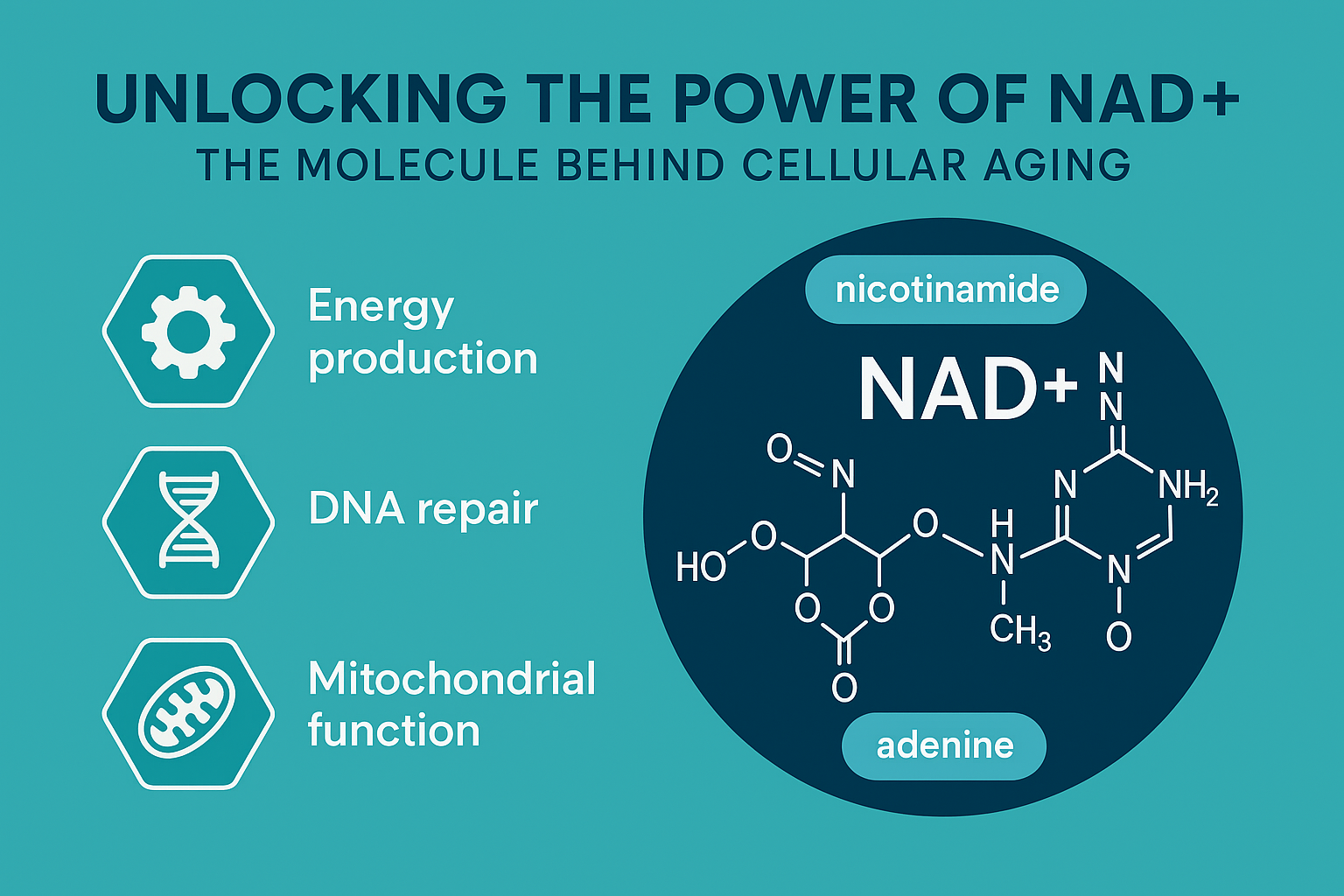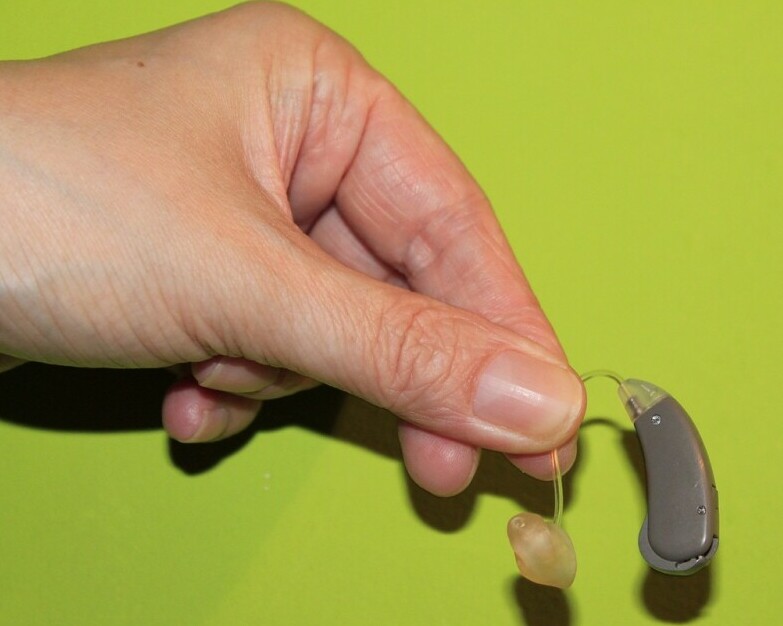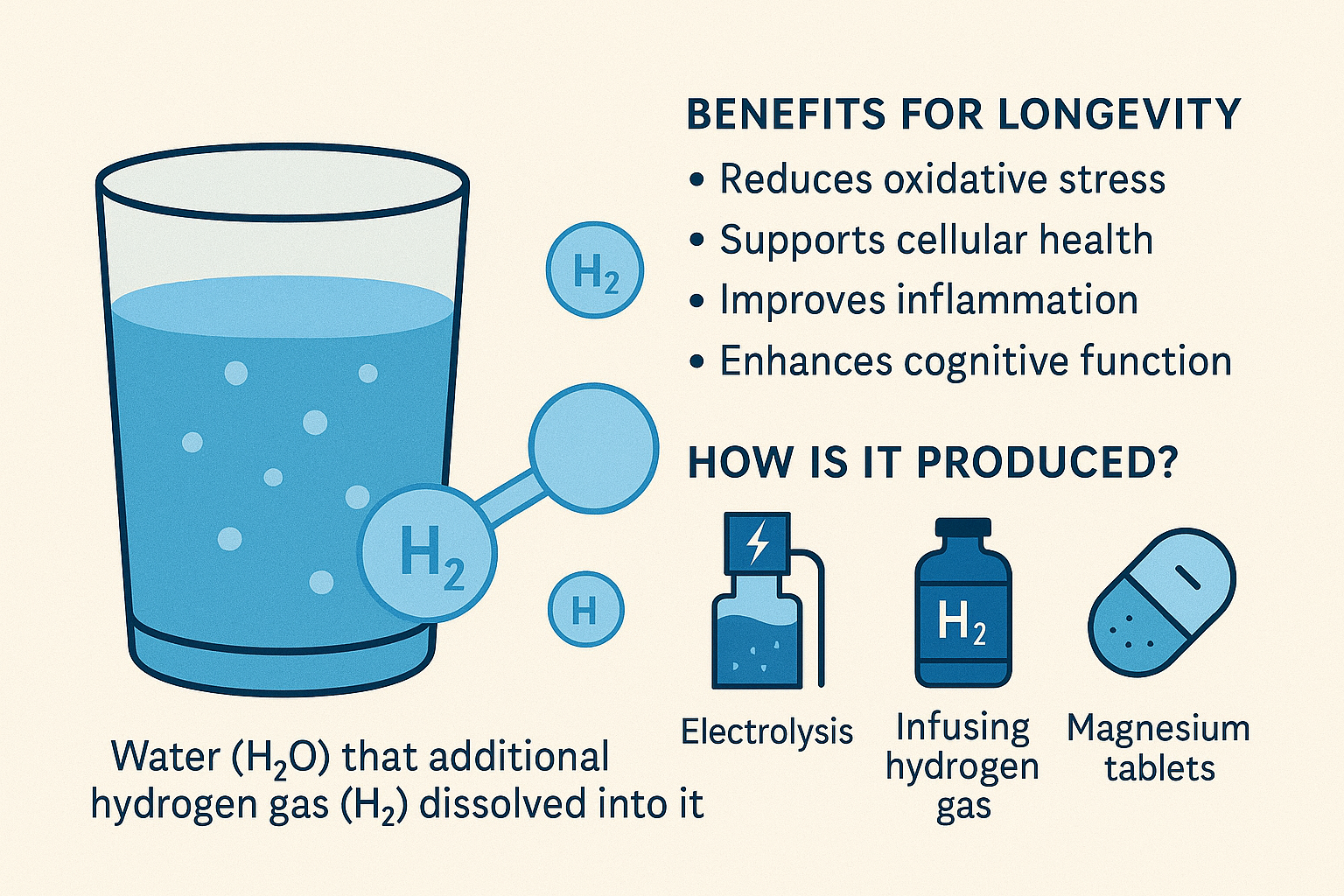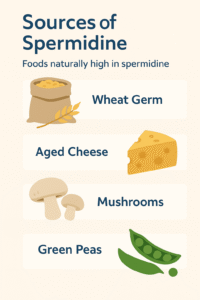Unveiling DHEA: A Critical Precursor to Testosterone
DHEA, or dehydroepiandrosterone, often referred to as the “mother of all hormones,” is a steroid hormone produced primarily by the adrenal glands, with smaller amounts synthesized in the brain, gonads, and skin. Despite its relatively understated presence in mainstream health discussions, DHEA serves as a foundational precursor to several important hormones, including testosterone and estrogen. This multifaceted hormone plays a pivotal role in regulating various physiological processes, ranging from metabolism and immune function to mood and cognitive health.

Understanding the biochemical pathway of DHEA production and its conversion to testosterone provides insight into its significance in hormone synthesis. Within the adrenal glands, cholesterol serves as the starting material for DHEA biosynthesis, which undergoes a series of enzymatic reactions to form DHEA. Once synthesized, DHEA can be converted into androstenedione, a precursor to testosterone, in peripheral tissues such as the testes and ovaries. This intricate cascade underscores the crucial role of DHEA as a building block for the synthesis of sex hormones, particularly testosterone, which exerts far-reaching effects on reproductive health, muscle mass, bone density, and mood regulation.

Several dietary and lifestyle factors can influence DHEA production and support optimal hormone balance. Consuming a diet rich in certain nutrients can promote DHEA synthesis and enhance overall hormone function. Foods high in antioxidants, such as fruits, vegetables, and whole grains, can help protect the adrenal glands from oxidative stress and support hormone production. Additionally, incorporating healthy fats from sources like avocados, nuts, and fatty fish can provide essential building blocks for steroid hormone synthesis, including DHEA.

Regular physical activity, especially resistance training and high-intensity interval training (HIIT), has been shown to stimulate DHEA production and promote hormonal equilibrium. Moreover, stress management techniques such as meditation, yoga, and deep breathing exercises can mitigate the negative effects of chronic stress on DHEA levels, fostering a more resilient endocrine system. By adopting these dietary and lifestyle practices, individuals can support healthy DHEA production and optimize overall hormone function for enhanced well-being.

The levels of DHEA in the body have a direct impact on overall health and well-being. Beyond its role in testosterone production, DHEA is involved in various bodily functions, including metabolism, immune response, and stress regulation. Optimal levels of DHEA are associated with enhanced energy, improved mood, and better cognitive function.
Examining the Link: DHEA and Testosterone Production
The relationship between DHEA and testosterone production is complex and multifaceted. While DHEA serves as a precursor to testosterone, its influence on testosterone levels is subject to various factors, including age, gender, and individual physiology. Research indicates that DHEA levels tend to peak during young adulthood, typically in the third decade of life, before gradually declining with age. This decline in DHEA production parallels the age-related decline in testosterone levels observed in both men and women. By the age of 70, DHEA levels may decrease to less than 20% of peak levels, contributing to a decline in overall hormone function and associated physiological changes.
As DHEA levels decline with age, some individuals may turn to supplementation as a means of offsetting this decline and supporting testosterone production. However, determining the appropriate dosage of DHEA supplements can be challenging, as optimal levels vary depending on individual factors such as age, gender, and baseline hormone levels. Healthcare providers may recommend starting with a low dosage of DHEA supplements, typically around 25-50 milligrams per day, and gradually titrating up as needed based on individual response and hormone testing. It’s important to monitor hormone levels regularly and adjust dosage accordingly to avoid potential side effects or imbalances. Additionally, DHEA supplementation should be approached with caution, especially in individuals with underlying health conditions or hormone-related disorders, and should be done under the guidance of a qualified healthcare professional.

The intricate interplay between DHEA and testosterone underscores the importance of maintaining optimal hormone balance for overall health and well-being. While DHEA supplementation may offer benefits for some individuals, it’s essential to consider the broader context of hormonal regulation and individual health status. Lifestyle factors such as diet, exercise, stress management, and sleep hygiene also play a crucial role in supporting hormone production and function. By adopting a holistic approach to hormone health and consulting healthcare professionals for personalized guidance, individuals can optimize their hormone balance and promote vitality throughout the lifespan. Understanding the relationship between DHEA and testosterone has led to the exploration of DHEA supplementation as a potential means of restoring hormone balance. While research suggests that DHEA supplementation may increase testosterone levels in some individuals, the effects can vary depending on various factors, including age, gender, and baseline hormone levels.
Debunking Myths: The Real Impact of DHEA on Health
Despite its potential benefits, DHEA supplementation is not without controversy. Common misconceptions surrounding DHEA supplements abound, often fueled by sensationalized claims and anecdotal evidence. It’s essential to separate fact from fiction when evaluating the real impact of DHEA on health.
One misconception is that DHEA supplements are a panacea for age-related decline and hormonal imbalances. While DHEA supplementation may offer benefits for some individuals, it’s not a one-size-fits-all solution. Furthermore, excessive DHEA intake can lead to adverse effects, including acne, hair loss, and mood disturbances.
Healthcare professionals caution against the indiscriminate use of DHEA supplements, emphasizing the importance of personalized assessment and monitoring. DHEA supplementation should be approached with caution, especially in individuals with underlying health conditions or hormone-related disorders.
Legal and ethical considerations also come into play when discussing DHEA supplementation. In many countries, DHEA is classified as a controlled substance or regulated as a prescription drug. As such, its use may be subject to legal restrictions and professional oversight.
Practical Guidance: Managing DHEA Levels for Optimal Health
Maintaining healthy DHEA levels is essential for overall health and well-being. While supplementation may be appropriate in some cases, there are natural ways to support DHEA production and hormone balance.
Regular exercise, stress management techniques, and a balanced diet rich in nutrients can help support optimal hormone levels. Adequate sleep is also crucial, as insufficient sleep can disrupt hormone production and regulation.
Individuals experiencing symptoms of hormone imbalance, such as fatigue, low libido, or mood swings, should consult healthcare providers for personalized guidance. Hormone therapy, including DHEA supplementation, may be recommended after a thorough evaluation of medical history and hormone levels.
In conclusion, DHEA plays a critical role in testosterone production and overall health. Understanding the complex interplay between DHEA and testosterone is essential for managing hormone balance and optimizing health outcomes. While DHEA supplementation may offer benefits for some individuals, it’s essential to approach it with caution and under the guidance of healthcare professionals. Ultimately, maintaining healthy lifestyle habits is key to supporting DHEA levels and promoting overall well-being
Disclaimer: All the content on this site is for informational purposes only, does not constitute medical advice, and does not establish any kind of patient-client relationship by your use of this website. I am not a health care professional. The information, including but not limited to text, graphics, images and other material contained on this website are for informational purposes only. No material on this site is intended to be a substitute for professional medical advice, diagnosis, or treatment. Before starting any new regimen, supplement, diet, or program, it is crucial to consult with a healthcare professional to ensure it is safe and suitable for your individual health needs and circumstances. Here’s a little transparency: This website also contains affiliate links. This means if you click and make a purchase, we may receive a small commission. Don’t worry, there’s no extra cost to you. It’s a simple way you can support our mission to bring you quality content.


